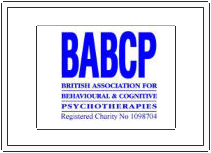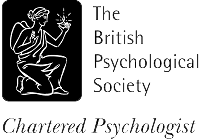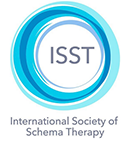What is Schema Therapy
Schema Therapy is an integrative model with influences from object relations theory, attachment theory, Gestalt psychology and also from cognitive behavioural approaches. The evidence base for schema therapy is ever increasing and excitingly, it shows particular promise as a therapeutic approach for some of our most ‘hard to help’ clients. The schema therapy model is a theoretically integrative model that utilises several core experiential and relational techniques to bring about clinical change. The formulation stage is founded upon a core model of the psyche that is based on attachment theory and trauma psychology. The relationship between client and therapist is considered critical to clinical change.
The schema model was borne out of the conviction that all children require certain basic emotional needs to be met in order for them to go on to develop as psychologically healthy adults. Where needs are consistently not met, the ‘lenses’ through which one comes to view the world (called schemas) can become constrained in the direction of making negative predictions about the self, other people and the world.
For example, if an individual experienced neglect or an emotionally deprived early life, or they were constantly criticised or put down, they may develop a sense of themselves as ‘defective’, or as though they will be rejected or ‘abandoned’ at any moment. Individuals then learn to manage their ‘schemas’ and essentially carve their life and relationships around the predictions of these schemas. For example, they avoid relationships altogether so as not to risk having to feel the terror of abandonment, but ultimately feel empty and alone. Alternatively, they may ‘over compensate’ for feeling ‘defective’ by working really hard all the time only to end up feeling burnt out and resentful. Helping clients become aware of their core schemas and how they manage these is a critical first step.
For more complex difficulties, schema therapy offers a complete model of the ‘self’ (the schema mode model) that enables therapeutic work to be transdiagnostic rather than focused on specific symptoms or presenting issues. This can be beneficial for clients who present with life-long characterological struggles, or who present with many different struggles (comorbidity) or struggles that tend to change week on week.
Schema therapy offers a program of cognitive, relational and experiential interventions to help individuals work towards interacting with the world in ways that support their life goals. Schema therapy tends to be longer in duration than CBT (can be 18 months in duration or longer), but the number of sessions needed will depend on the difficulties experienced and the goals set.




